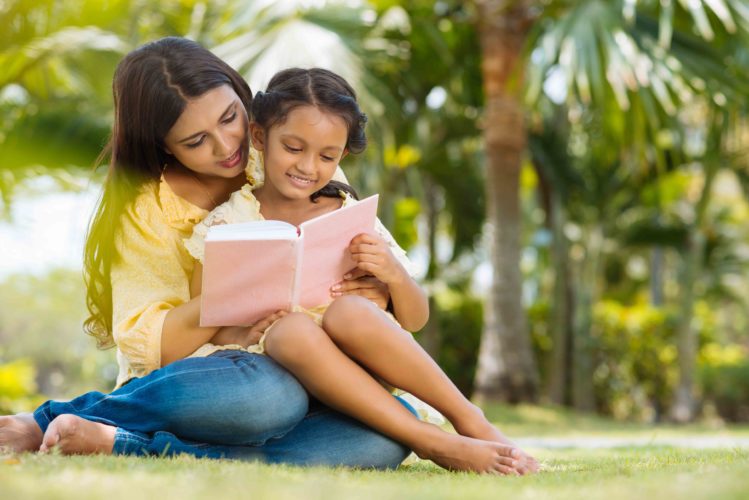Raising a bilingual child is both marvelous and challenging.

Enough studies and scholarly articles have demonstrated how speaking more than one native language benefits children’s cognitive development. As parents of three (now grown up) bilingual children, my British husband and French self could only observe on a daily basis how amazingly rich their world was – linguistically, culturally and emotionally.
People often commented on how fascinating it was that our children could start speaking with me, or my husband, in one language and switch to the other language, even mid-sentence, when addressing the other parent. In our family, it was just normal. I remember someone asking our daughter what it was like for her to be ‘half French, half English’ and I was astonished to hear with what conviction she replied “me not half, me both” – she was four at the time.
For us parents, bilingualism was overwhelming, both in a good and in a more unsettling way, for as our children grew with two identities, we could not really keep up with that second, foreign, side of them. And, yes at times we felt somewhat inadequate. Like for many parents of bilingual children, it was not a calculated choice; the situation was what it was. In fact, as is often the case, our first child took longer than ‘average’ to master the pronunciation of certain consonant clusters. At school, this was seen as a developmental problem, and we were referred to a speech therapist who advised us to stick to just one language at home! This was clearly not a practical solution we could even envisage.
Language is not just something you purposely do; it is acquired in a social environment (for a child: his family and school friends), doing what you do and being who you are. And one’s identity is forever evolving. Our children have very naturally adopted both languages and a lot more in their lives since, plus they have taught my husband and me so much! Needless to say that our eldest, now an adult, can not only pronounce all French and English sounds, but has actually become a linguist and is also fluent in Spanish. Bilingual children are no more likely to have long lasting speech problems than monolingual children.
So, here’s my advice: ‘don’t give up, stick to who you are (your language, your positive family values) but also, do not be afraid of change and of course, enjoy!’



